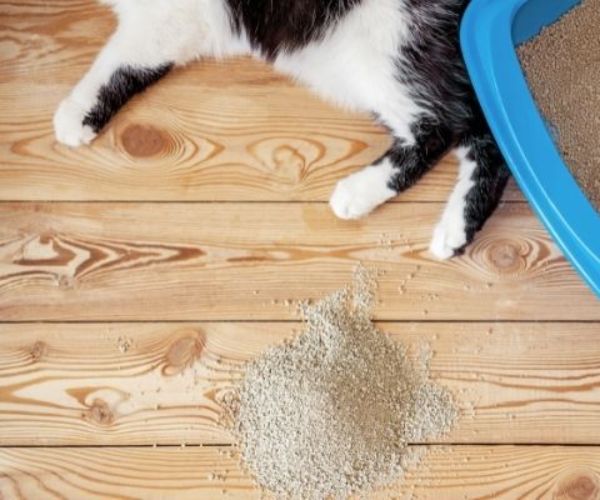Cat Behavior Consultations
If your cat is becoming disruptive or simply not acting like themselves, Atlantic Veterinary Hospital is here to help. Our comprehensive cat behavior consultations in Seattle, WA, are designed to uncover the root of your kitty’s issue for a more harmonious household.

Sadly, more cats are surrendered or euthanized every year due to behavioral issues than medical issues. Fortunately, there are often solutions to most cat behavioral issues, especially house soiling.
Although not a boarded veterinary behaviorist, Dr. Laura Monahan has a special interest in cat medicine and behavior. She owned a cat-only veterinary house call service, the first of its kind in Seattle, for 9 years before buying Atlantic Veterinary Hospital.
Dr. Monahan can address common behavioral issues, such as house-soiling, inter-cat aggression, and destructive scratching.
We first ask that you make an appointment for your cat at Atlantic Veterinary Hospital or your regular veterinarian for a complete medical workup.
Sometimes, house soiling is due to one or more medical problems, perhaps complicated by a behavioral issue, such as conflict between other pets in the household or neighborhood. If no underlying medical issue is discovered or the problem persists, the next step is to schedule an hour-long consultation with Dr. Monahan to discuss the matter further.
Your cat need not attend this consultation if it is conducted at the hospital. However, Dr. Monahan has had the most success in helping kitties if the consultation is scheduled as a house call so she can address the issue from the “cat’s point of view,” so to speak.
House calls for cats are offered to clients in our immediate area; office consultations or phone are offered to clients living throughout the Seattle metro area.
When to Consider a Cat Behavior Consultation
If your cat is exhibiting any of the following behaviors, it may be time to consider a behavior consultation:
Aggression Towards People or Other Animals
Inappropriate Urination or Defecation Outside the Litter Box
Destructive Behavior, Such as Scratching Furniture or Excessive Grooming
Excessive Vocalization
Changes in Appetite or Grooming Habits
Anxiety or Fearfulness

